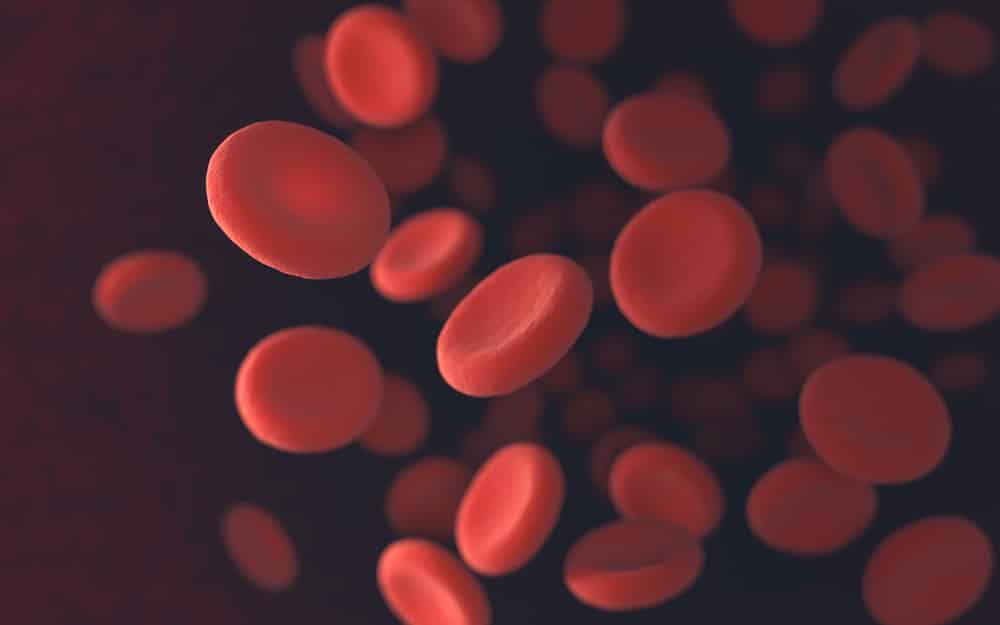Did you know that a person’s blood type may be linked to the likelihood that they will catch COVID-19 and experience severe symptoms? Recently 23andMe, a personal genomics and biotechnology company best known for providing direct-to-consumer genetic testing services, published preliminary data for an upcoming study that strengthens prior research on this subject. Although the study has not yet been published or peer-reviewed, it offers important insights regarding the possible connection between COVID-19 and blood types.
The Possible Connection Between COVID-19 and Blood Types
According to 23andMe’s preliminary data, people with type O blood tested positive for COVID-19 less often than expected when compared with people with other blood types. Furthermore, people who tested positive for COVID-19 and had a specific variant of another gene were found to be more likely to experience serious respiratory symptoms. Although 23andMe’s study has not yet been published, experts have already praised its design and insights.
The 23andMe data appears to support a study published in the New England Journal of Medicine in June 2020. Titled “Genomewide Association Study of Severe Covid-19 with Respiratory Failure,” the study was led by Dr. Tom Hemming Karlsen of Oslo University Hospital in Norway and Dr. Andre Franke of Christian-Albrecht-University in Kiel, Germany. Like the upcoming 23andMe study, it found that a person’s blood type appeared to be linked to the likelihood of testing positive for COVID-19 and the possible severity of COVID-19 symptoms. More specifically, it suggested that people with type A blood have a higher risk of contracting COVID-19 and developing worse symptoms and that people with type O blood have a lower risk of developing COVID-19. Both studies also found that SLC6A20, a gene found on chromosome three, may be related to worse health outcomes for those with COVID-19.
Both analyses were genome-wide association studies, which means they sought to discover patterns in the. This method proves most effective when researchers are able to analyze a very large dataset. Fortunately, 23andMe (which has collected data from more than 12 million customers) was able to use data from more than 750,000 participants. The study led by Dr. Karlsen and Dr. Franke looked at the genes of approximately 4,000 people.
Additionally, the previous study only included participants from Spain and Italy with severe COVID-19 symptoms. The 23andMe research, on the other hand, used more diverse participants and included people with both mild and severe symptoms. However, the 23andMe study still lacked diversity when compared to the actual U.S. population. Of the participants, 11 percent identified as Latino (compared to 16 percent of the population) and 3 percent identified as Black (compared to 13 percent of the population).
Ramifications of the 23andMe Preliminary Data
As team members from the 23andMe study have noted, the findings don’t explain all of the differences public health experts and researchers have identified regarding COVID-19. For example, it doesn’t explain the fact that people of color are catching COVID-19 at higher rates despite the fact that type O blood is actually more common amongst Black and Latino Americans.
Experts not affiliated with the 23andMe study believe that the research won’t change COVID-19 treatment decisions. In addition, 23andMe has clearly stated that the research “does not mean that a person’s blood type can protect them from COVID-19.” For now, the connection between COVID-19 and blood types is merely interesting. Someday, researchers hope to better understand the significance of the findings.
Are you looking for a CRO to assist with your preclinical or clinical drug development related to the novel coronavirus or COVID-19? QPS has CLIA-certified and GLP-compliant laboratories ready to fast-track your novel coronavirus and COVID-19 RT-qPCR/QPCR and Serological Assays and vaccine development programs. Since 1995, QPS has provided discovery, preclinical, and clinical drug development services. An award-winning leader focused on bioanalytics and clinical trials, QPS is known for proven quality standards, technical expertise, a flexible approach to research, client satisfaction, and turnkey laboratories and facilities. For more information, visit www.qps.com/coronavirus or email [email protected].






